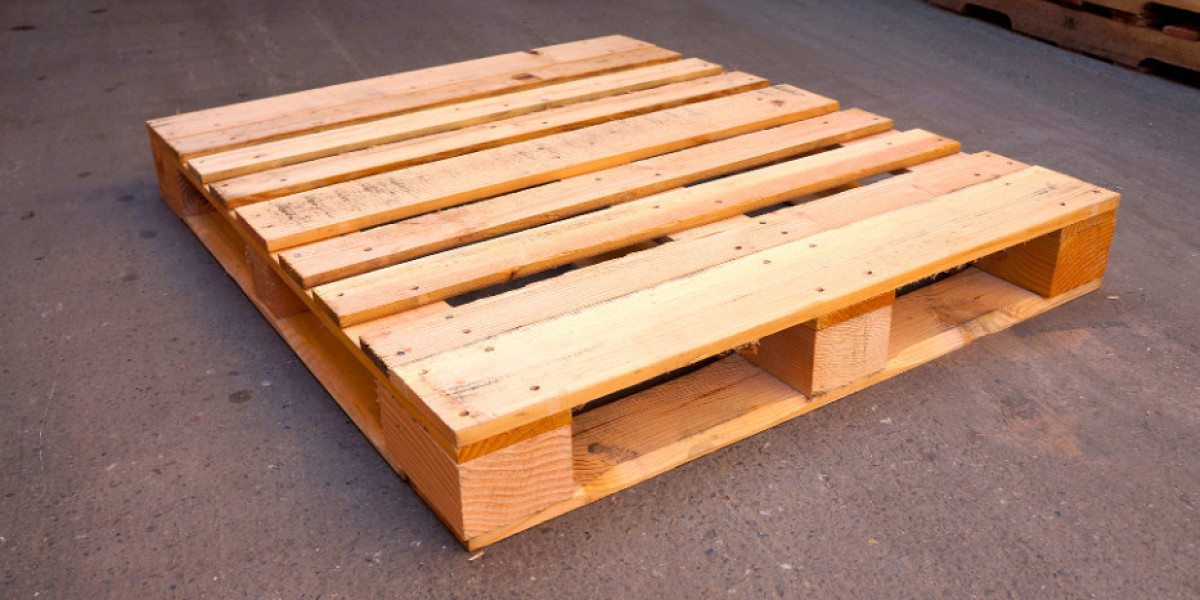In the fast-paced world of logistics and supply chain management, pallets are often overlooked, yet they play a critical role in the movement of goods. Among the various types of pallets used across industries, California pallets have become increasingly popular due to their durability, versatility, and compliance with state-specific regulations. Whether you're in retail, manufacturing, or agriculture, understanding the value of California pallets can greatly benefit your business.
What Are California Pallets?
California pallets are essentially wooden or plastic platforms designed for the easy transportation and storage of goods. These pallets are built to withstand heavy loads and are constructed to meet the rigorous demands of California’s diverse industries, from agriculture to technology. They come in various sizes, but the standard pallet size in California is typically 48 x 40 inches, aligning with national pallet dimensions.
Why Are They Important?
Pallets serve as the backbone of the supply chain, facilitating the movement of goods in warehouses, distribution centers, and during transportation. In California, with its booming economy and large ports, pallets play a vital role in ensuring efficient logistics, especially in industries like agriculture, where they are used to transport fresh produce, and technology, where they move delicate electronic components.
Environmental Standards and Sustainability
One of the most significant aspects of California pallets is their environmental compliance. California has stringent regulations regarding the sustainability of materials, and this extends to pallet manufacturing. Many California-based pallet suppliers focus on eco-friendly practices, such as using recycled wood or plastic, and following the state's strict guidelines to minimize waste and emissions. The increasing popularity of plastic pallets, for example, helps reduce deforestation and landfill waste.
California also promotes the use of heat-treated pallets to prevent the spread of pests and diseases, particularly in agricultural exports. This ensures that businesses comply with the state's phytosanitary standards while contributing to global sustainability efforts.
Types of Pallets
There are several types of pallets commonly used in California:
Wooden Pallets: Known for their durability and strength, wooden pallets are the most traditional choice. They can be reused and repaired multiple times, making them a cost-effective option.
Plastic Pallets: Lightweight and resistant to moisture, plastic pallets are gaining traction, particularly in industries like food and pharmaceuticals where sanitation is essential.
Metal Pallets: Used for transporting heavy goods, metal pallets are highly durable and resistant to corrosion, making them ideal for industries that require long-term storage solutions.
Custom Pallets: Many suppliers in California offer customized pallet solutions to meet specific business needs, such as varying sizes, weight capacities, or unique shapes.
Benefits of Using California Pallets
Cost Efficiency: Pallets allow businesses to store and move more products efficiently, which reduces labor costs and improves overall productivity.
Product Protection: Pallets help safeguard goods from damage during transport and storage, ensuring that products arrive at their destination in optimal condition.
Compliance: California pallets are designed to meet state regulations, including environmental standards, ensuring that businesses remain compliant with local laws.
Sustainability: The focus on using recycled or reusable materials in pallet production helps reduce environmental impact, making California pallets a more sustainable choice.
Durability: Whether wooden or plastic, California pallets are built to last, offering reliable performance in high-demand industries.
Choosing the Right Pallet Supplier
Selecting the right pallet supplier is critical to maintaining the integrity of your supply chain. Look for suppliers that offer high-quality, eco-friendly pallets and that have a solid track record of delivering on time. It’s also important to find a supplier that can provide customized solutions based on your business’s specific needs, whether that’s lightweight plastic pallets for a food processing facility or heavy-duty wooden pallets for industrial goods.
Conclusion
California pallets are more than just platforms for moving products—they are a key component of an efficient, compliant, and sustainable supply chain. With the right choice of pallets, businesses can streamline their operations, reduce costs, and minimize their environmental impact, all while complying with California’s strict regulations. As the demand for eco-friendly and durable materials continues to grow, California pallets will remain an essential asset for businesses across industries.








